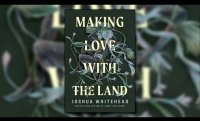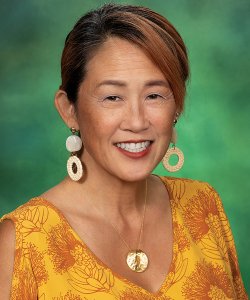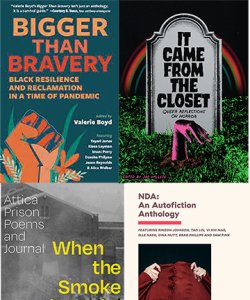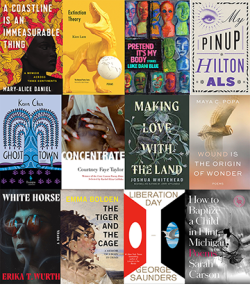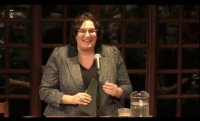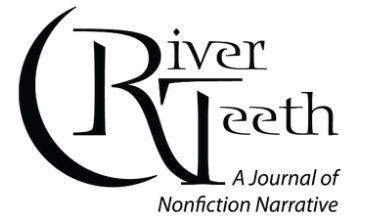Spooky season officially starts tomorrow, but don’t let fear stop you from submitting to River Teeth’s Book Prize by the Halloween deadline! Offered annually for a volume of creative nonfiction, the prize awards the winner $1,000 and publication by the University of New Mexico Press.
Using only the online submission system, submit a manuscript of approximately 150 to 350 pages with a $27 entry fee, which includes a subscription to River Teeth, by October 31. Any style of literary nonfiction—including memoir, personal essays, and investigative reporting—is eligible. Natasha Trethewey, who served as U.S. poet laureate from 2012–2014 and is the author of Memorial Drive: A Daughter’s Memoir (Ecco, 2020), will judge. Visit the website for complete guidelines.
Previous winners of River Teeth’s Book Prize include Kevin Honold in 2019 for The Rock Cycle, Joan Frank in 2018 for Try to Get Lost: Essays on Travel and Place, and Debra Gwartney in 2017 for I Am a Stranger Here Myself.
Founded in 1999 at Ashland University in Ashland, Ohio, by professors Joe Mackall and Dan Lehman, River Teeth publishes essays, memoir, and literary journalism in a biannual print journal as well as online content, including reviews and a weekly web publication called “Beautiful Things,” which highlights the beauty found in daily life. In 2019, River Teeth moved to Ball State University in Muncie, Indiana, where it is led by senior editors Jill Christman and Mark Neely. Now retired from Ashland University, Mackall and Lehman remain as editors in chief of River Teeth.





